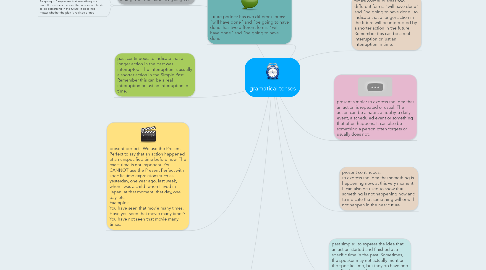gramatical tenses
by Elisa Paredes Cortez

1. past continuous: to indicate that a longer action in the past was interrupted. The interruption is usually a shorter action in the Simple Past. Remember this can be a real interruption or just an interruption in time.
2. present perfect: We use the Present Perfect to say that an action happened at an unspecified time before now. The exact time is not important. You CANNOT use the Present Perfect with specific time expressions such as: yesterday, one year ago, last week, when I was a child, when I lived in Japan, at that moment, that day, one day, etc. Examples: You have seen that movie many times. Have you seen that movie many times? You have not seen that movie many times.
3. past perfect: expresses the idea that something occurred before another action in the past. It can also show that something happened before a specific time in the past.
4. simple future: has two different forms in English: "will" and "be going to.
4.1. Will" often suggests that a speaker will do something voluntarily. We also use "will" when we request that someone help us or volunteer to do something for us.
4.2. Be going to" expresses that something is a plan. It expresses the idea that a person intends to do something in the future. It does not matter whether the plan is realistic or not.
5. future perfect: has two different forms: "will have done" and "be going to have done. has two different forms: "will have done" and "be going to have done
6. present simple: to express the idea that an action is repeated or usual. The action can be a habit, a hobby, a daily event, a scheduled event or something that often happens. It can also be something a person often forgets or usually does not.
7. present continuous: to express the idea that something is happening now, at this very moment. It can also be used to show that something is not happening now and to indicate that something will or will not happen in the near future
8. past simple: to express the idea that an action started and finished at a specific time in the past. Sometimes, the speaker may not actually mention the specific time, but they do have one specific time in mind.
9. future continuous:has two different forms: "will have done" and "be going to have done. to indicate that a longer action in the future will be interrupted by a shorter action in the future. Remember this can be a real interruption or just an interruption in time.


